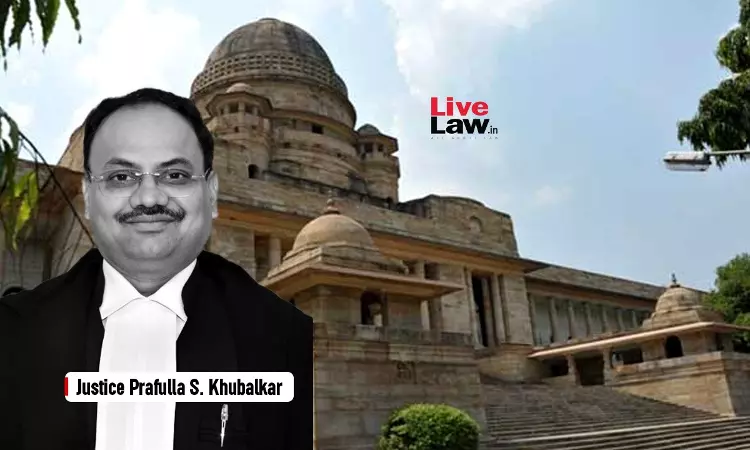- Home
- /
- High Courts
- /
- Bombay High Court
- /
- 'Non-Traceability Of Documents...
'Non-Traceability Of Documents Without Supporting Affidavit Is Not A Ground To Allow Secondary Evidence': Bombay High Court
Saksham Vaishya
26 Aug 2025 1:21 PM IST
The Bombay High Court has held that mere assertions of non-availability or non-traceability of documents, without filing a supporting affidavit, cannot constitute sufficient grounds for permitting secondary evidence under the Bharatiya Sakshya Adhiniyam, 2023. The Court upheld the decision of the Central Government Industrial Tribunal (CGIT) refusing to allow Hindustan Petroleum Corporation...
The Bombay High Court has held that mere assertions of non-availability or non-traceability of documents, without filing a supporting affidavit, cannot constitute sufficient grounds for permitting secondary evidence under the Bharatiya Sakshya Adhiniyam, 2023. The Court upheld the decision of the Central Government Industrial Tribunal (CGIT) refusing to allow Hindustan Petroleum Corporation Ltd. to lead secondary evidence.
Justice Prafulla S. Khubalkar was hearing a writ petition filed by Hindustan Petroleum Corporation Ltd. challenging an order of the CGIT, Nagpur, dated 24 April 2025. The petitioners sought permission to lead secondary evidence in respect of four documents, claiming that the originals were not available or traceable in their office. The Tribunal had rejected the application, prompting the company to invoke the High Court's supervisory jurisdiction under Article 227 of the Constitution.
The petitioners argued that they were entitled to prove misconduct in departmental proceedings and had a right to lead all available evidence, including secondary evidence, to substantiate their case. They relied on Sections 58 and 60 of the Bharatiya Sakshya Adhiniyam, 2023, to contend that once photocopies were filed on record, secondary evidence should be permitted. It was submitted that no prejudice would be caused to the employee, as the documents were already part of the record.
The Court noted that under Sections 58 and 60 of the Bharatiya Sakshya Adhiniyam, secondary evidence may only be allowed where the original has been destroyed, lost, or cannot be produced for reasons not arising from the party's own default or neglect. Further, for leading secondary evidence, there has to be a foundation in the pleadings or in the evidence.
The Court observed that the authenticity of the documents in question can be tested by actually considering the original documents bearing signatures, if any, of the concerned persons. Hence, the original documents are expected to be in the custody of the Management, and the reasons mentioned in the application stating that the documents are 'not immediately available/ traceable' appear to be lacking genuineness.
“The only reason mentioned in the application that the documents are not immediately available/traceable, in my opinion, cannot constitute a foundation for leading secondary evidence… there is no justification to establish that the original has been destroyed or lost, or on account of reasons not arising from the default or neglect of the employer, the originals cannot be produced in a reasonable time.
The Court also emphasised that the contention for leading secondary evidence is not supported by any affidavit, and the application appears to have been signed only by the counsel.
Accordingly, the writ petition was dismissed, and the Tribunal's order was upheld. The Court held that the petitioners had failed to establish the legal foundation necessary to allow secondary evidence.
Case Title: Hindustan Petroleum Corporation Ltd. v. Vinod Anandrao Parate [Writ Petition No. 2546 of 2025]



